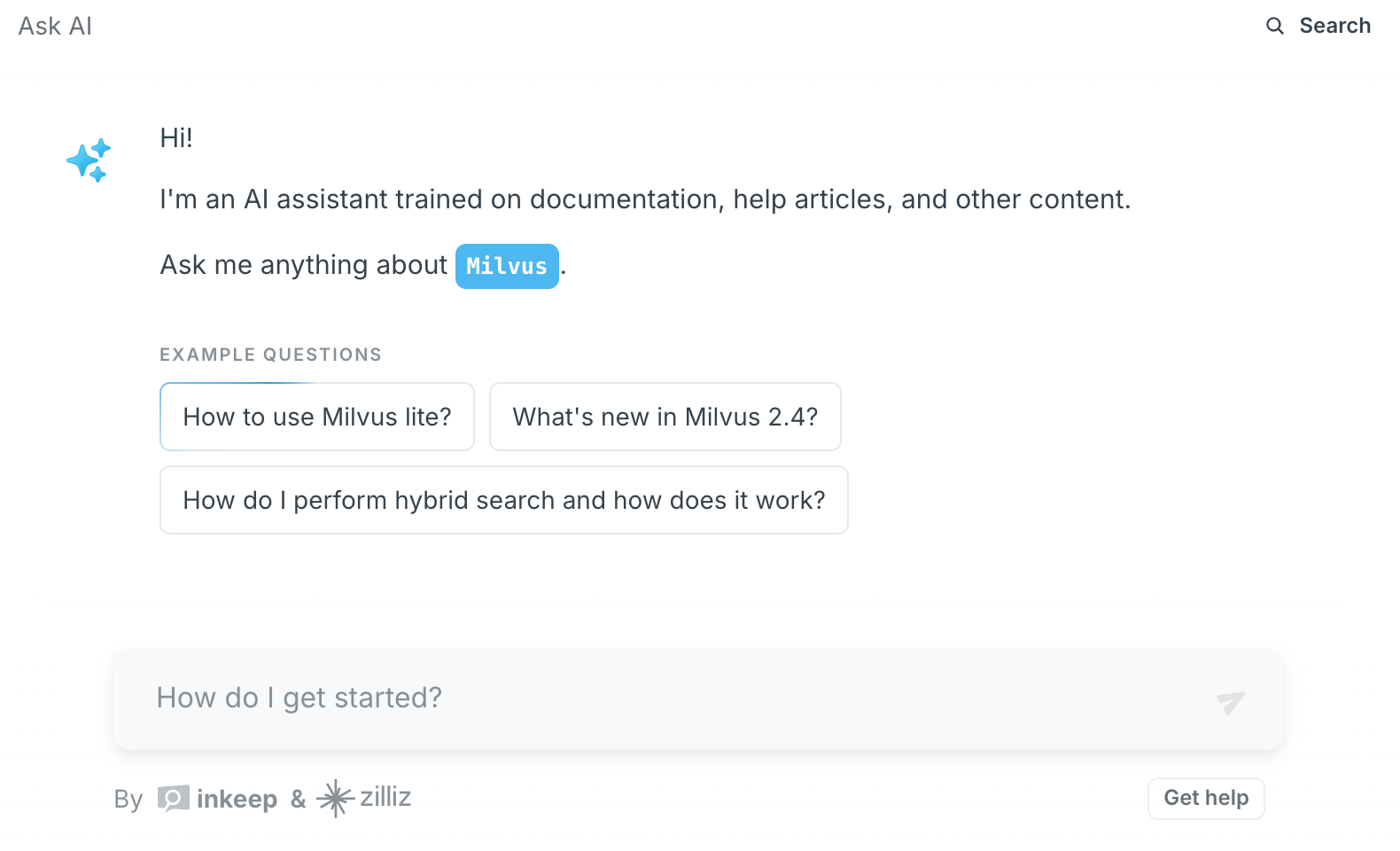A high-performing retriever can still lead to a hallucinated answer from a large language model (LLM) because the LLM’s output depends not just on the retrieved context but also on how it interprets and prioritizes that information. Even with accurate retrieval, the LLM might generate incorrect or fabricated answers if it misweights, ignores, or misinterprets the provided context. This behavior stems from how LLMs are trained to predict plausible text rather than strictly follow retrieved data, which can lead to overconfidence in incorrect assumptions or reliance on outdated patterns from their training data.
One key issue is that LLMs often prioritize coherence and fluency over strict factual accuracy. For example, if the retrieved context contains ambiguous or conflicting details, the LLM might “fill gaps” by generating a plausible-sounding answer that aligns with its internal biases. Suppose a retriever provides a document stating, “The average lifespan of Product X is 5–7 years,” but the LLM’s training data includes outdated claims like “Product X lasts 10 years.” The model might ignore the retrieved context and default to its training data, producing a confidently incorrect answer. Similarly, if the retrieved information is complex (e.g., technical jargon), the LLM might oversimplify or misinterpret it, especially if the query phrasing doesn’t explicitly demand strict adherence to the context.
Another factor is the interaction between the retriever and the LLM’s input processing. For instance, if the retriever returns multiple passages with subtle contradictions, the LLM might cherry-pick details that align with its inherent tendencies. Imagine a medical query where the retriever fetches both a recent study and an older, debunked paper. The LLM might unintentionally blend the two, creating a misleading synthesis. Additionally, prompts that lack clear instructions (e.g., “Explain how this works” instead of “Use only the provided sources”) can lead the LLM to rely less on the context and more on its preexisting knowledge. To mitigate this, developers must design prompts that explicitly constrain the LLM to the retrieved content and implement validation steps to check for consistency between the answer and the source material.
